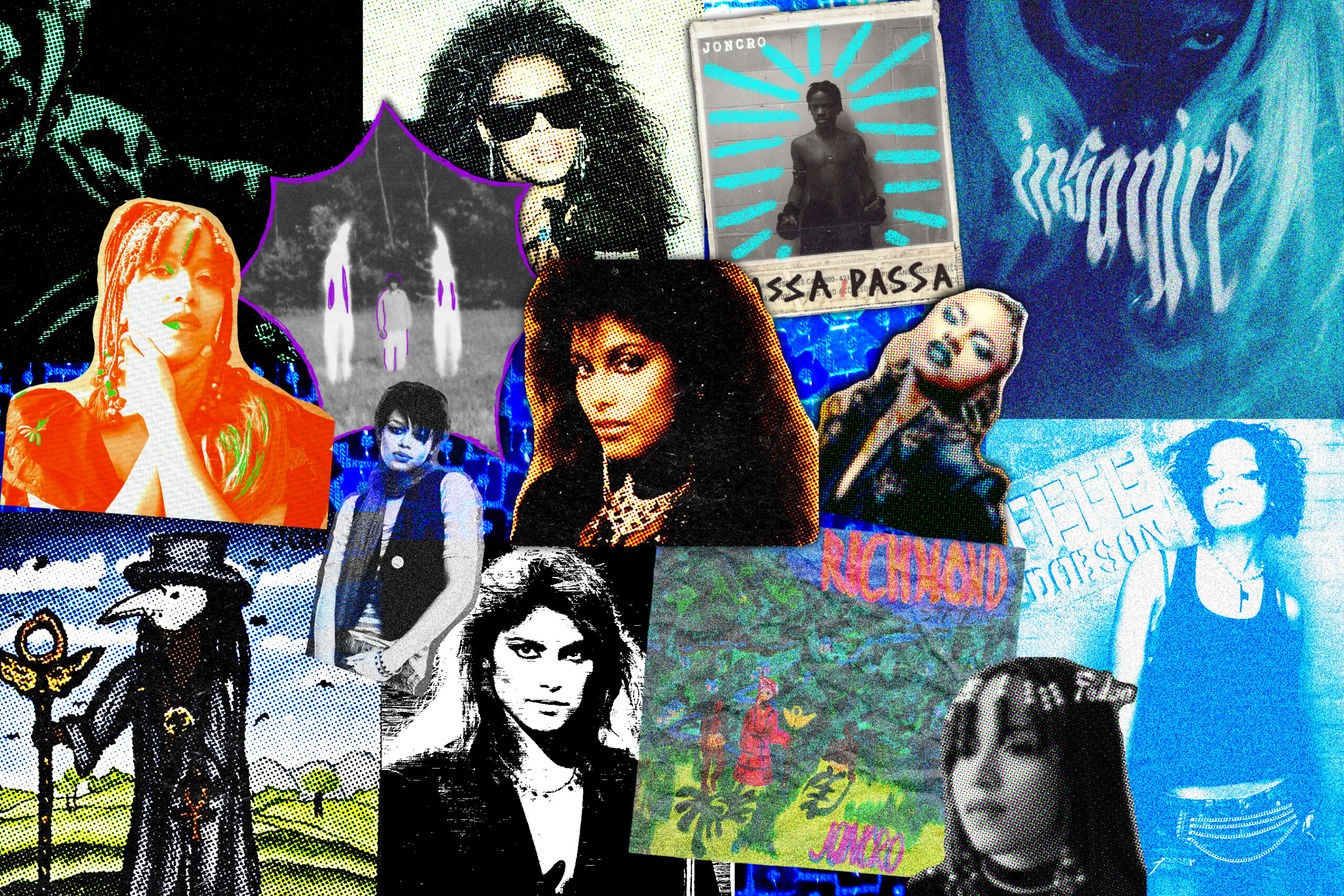Photo: Fracisco Delgado/Unsplash
In recent years, a wave of vegan and fur-free clothing alternatives have been taking over across the globe. So, what does that mean for Canada Goose?
By Reedah Hayder
Growing up, Canada Goose was always a familiar brand. Its distinctive red and white logo can be found all over the world, and here in Toronto, an increasing amount of people are buying into the brand’s fashionable clothing. The company has grown into an international sensation, sported by dozens of celebrities and athletes.
But at what price? Canada Goose will be opening a new store in the Toronto Eaton Centre, but does it still have a place in Canada considering the new cultural shift to more eco and vegan friendly alternatives?
Personally, even though I see many strangers wearing the popular brand, my family and friends never opted for one. I felt that spending nearly a grand on a parka was a laughable price to pay for a jacket, even if we live in the Great White North. I felt more ethical standing against the use of animal fur, wool and goose downing.
Now in the height of a climate crisis, I find myself trying to opt for more sustainable and ethical options.
A shift to vegan and cruelty free options
In 2013, a poll commissioned by HSI and the Animal Alliance of Canada found that 80 per cent of Canadians supported a national ban on animal testing of cosmetics and using them for ingredients.
What’s even more revealing about current Canadian culture is a rising shift towards veganism. In 2018, nearly 10 per cent of Canadians answered that they consider themselves vegan or vegetarian, according to a study from Dalhousie University. The study found that 850,000 Canadians label themselves vegan.
In recent years, a trend of outing the use of fur has taken over. Since 2016, major fashion brands such as Gucci, Armani, Michael Kors and Burberry have stopped designing fur products.
Is Canada Goose ethical?
Canada Goose uses the fur trims of coyotes around their parka hoods. These fur trims come from hunted coyotes which help manage “abundant coyote populations,” Canada Goose alleges on their website. The company also says that its use of down (the soft undercoating of Waterfowl) is a by-product of the poultry industry. Additionally, the brand uses wool as well.
The company seems to have a reason for every usage of animal products. From fur to wool, Canada Goose says it’s committed to ethical sourcing. But is this truly enough? The shifting culture towards fur-free and cruelty-free alternatives leaves this question in the grey zone.
In June 2019, the Federal Trade Commission of America filed a complaint against Canada Goose saying the brand made “misleading representations about the treatment of geese whose down is used in Canada Goose’s apparel.”
A Facebook group created in 2012 called “Boycott Canada Goose Jackets” has gained over 1,700 followers. Users share share vegan alternatives that others can buy instead of Canada Goose jackets.
Though the company says it’s committed to “transparency and ethical sourcing”, it’s clear that doesn’t mean the brand’s use of animals is humane. When you buy a coat with fur and down, there is no absolute way of knowing that the animal was hunted with a humane trap or to what degree of suffering the animal endured. This is why many boycott the brand and others steer clear of it entirely.
Maryam Mohamed, an 18-year-old Toronto local, said “Canada Goose can say all it wants about being ethical but when you’re a company profiting off of hunted animals, chances are your number one focus when buying is going to be on quantity. It’s easy for people to turn a blind eye and hope for the best as long as they get what they want whether that’s the people buying from them or the company itself.”
Why do people buy it?
For Canadians, there’s just something about the traditional value that the name holds. Even its logo shows off the signature red maple leaf. Many also point out that the parkas are guaranteed to be high quality.
Canada Goose’s exclusive high prices are also a key feature of the brand. Angelika Toczyski, who has lived in Toronto for 18 years, says that when you see someone sporting a Canada Goose parka, “it’s more than just a fashionable choice. It’s a display of luxury.” The prices range from $795 to $1,650 for men’s parkas. The jackets are so sought after that there have been many reported robberies of the high-end coats.
Additionally, Canada Goose rarely puts its products on sale, whether it’s Boxing Day, the last week of July or the holidays.
Will the brand continue to have a place in Canada?
As for if Canadians will continue to support and maintain a space for Canada Goose, the question is still in the air. Chances are Canada Goose isn’t going anywhere anytime soon. But last year, the company’s revenue fell short of analysts’ estimates. Shares of the Toronto-based company were falling over 27 per cent. So, despite the company still making an increasing profit, people are not buying into the company as quickly as they used to.
In the end, it’s a consumer’s choice whether or not to buy a fur-less jacket, but what it really comes down to is the responsibility we have as consumers to be thoughtful about our consumptive choices.





